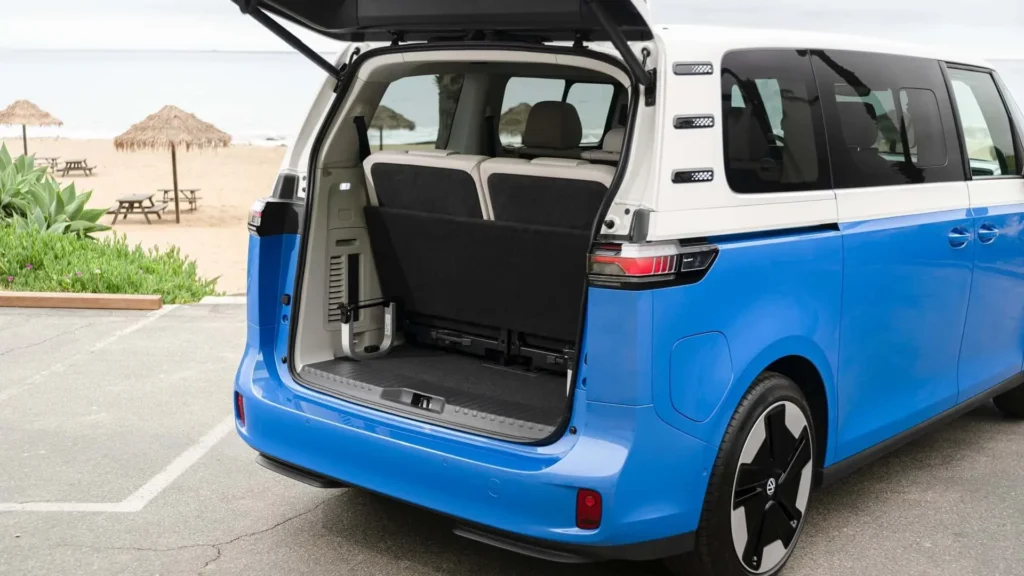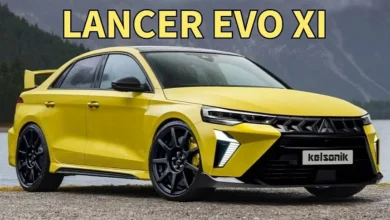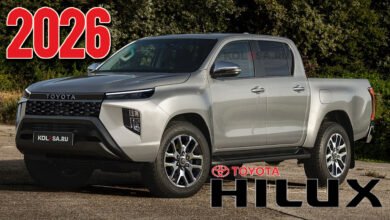ID.Buzz: VW’s Expensive Gamble That Might Have Missed the Mark
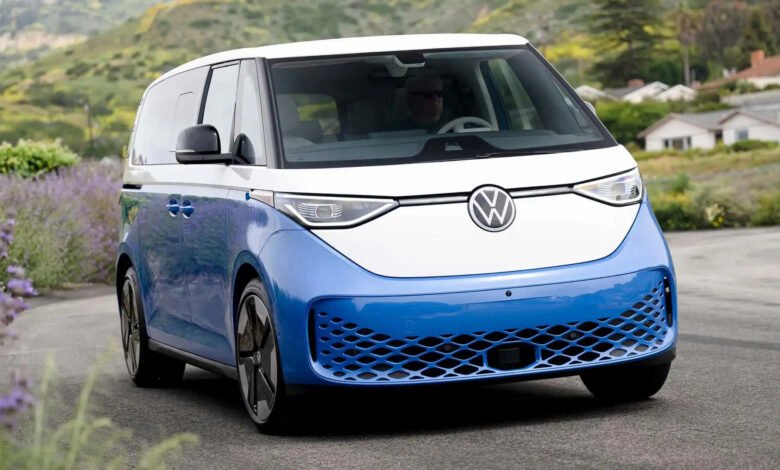
With a starting price over $60,000, the ID.Buzz appears to miss the mark on its debut. This isn’t the direction Volkswagen needs to take right now.
On Tuesday, Volkswagen revealed the US pricing for its highly anticipated electric take on the classic Microbus. We expected the ID.Buzz to be pricey, but this is steep: it starts at $61,545, and the all-wheel-drive 1st Edition adds another $10,000 to that. Additionally, the vehicle’s range is underwhelming—234 miles for the rear-wheel-drive version and 231 miles for the all-wheel-drive.
The Dieselgate scandal forced Volkswagen to pivot towards electric vehicles, and it has significantly damaged the company’s reputation, a challenge VW is still grappling with. The ID.Buzz, which plays heavily on nostalgic elements from VW’s heyday, had the potential to help mend its image and create excitement for the upcoming ID models. Unfortunately, it seems like too little, too late, and at too high a price.

Imagine if the ID.Buzz had been launched as VW’s first ID vehicle back in 2019 or 2020 with a starting price around $40,000. Though it’s a bit of a pipe dream, a more affordable and earlier release might have allowed the ID.Buzz to become a notable event—a beloved icon making a comeback at a reasonable price. It could have had a significant cultural impact when EV adoption was still gaining momentum and shifted the conversation about VW.
Instead, VW introduced the ID brand with the ID.3 and ID.4, neither of which made a strong impression, especially since the ID.3 was never sold in America. The ID.3 was meant to be VW’s third revolutionary model after the Beetle and Golf. Now, it seems VW may drop the ID.3 in favor of an electric version of the Golf—a model that was previously offered as the E-Golf, then canceled, and is now apparently making a return.
Volkswagen’s massive Dieselgate penalties, combined with a sudden and substantial shift towards electric vehicles, forced the automaker to drastically cut costs. This was evident in both their ID models and their gasoline-powered cars. The Mk7 Golf was a high point for the model, known for its quality and refinement. In contrast, the Mk8 Golf is characterized by its cheap-feeling interior, frustrating haptic controls, and a confusing infotainment system. Although the recent Golf facelift attempts to address some of these issues, the damage to the brand’s reputation has already been done.
As a result, Volkswagen now faces a climate of indifference or even hostility from consumers. Enter the ID.Buzz.

While the ID.Buzz incorporates many of the same unpopular haptic controls found in the Golf, it benefits from Volkswagen’s newer and seemingly improved infotainment system. However, with a price tag exceeding $60,000, this Volkswagen minivan is likely to appeal primarily to Baby Boomers who have nostalgic memories of VW’s 1960s heyday. The market for the ID.Buzz is likely to be quite limited.
Moreover, it arrives several years late, as consumer enthusiasm for electric vehicles has waned (or even turned negative, depending on political views). Additionally, Americans expect more range from their electric vehicles, and with the ID.Buzz offering less than 250 miles per charge at this price, it becomes an even tougher sell.
The ID.Buzz could end up resembling the Lotus Elise when it finally arrived in America in 2005. Initially, there was strong demand, and the Elise sold 3,321 units in its first year. However, interest quickly waned, and by 2011, sales had plummeted to just 178 units, a slight increase from the 95 sold in 2010.
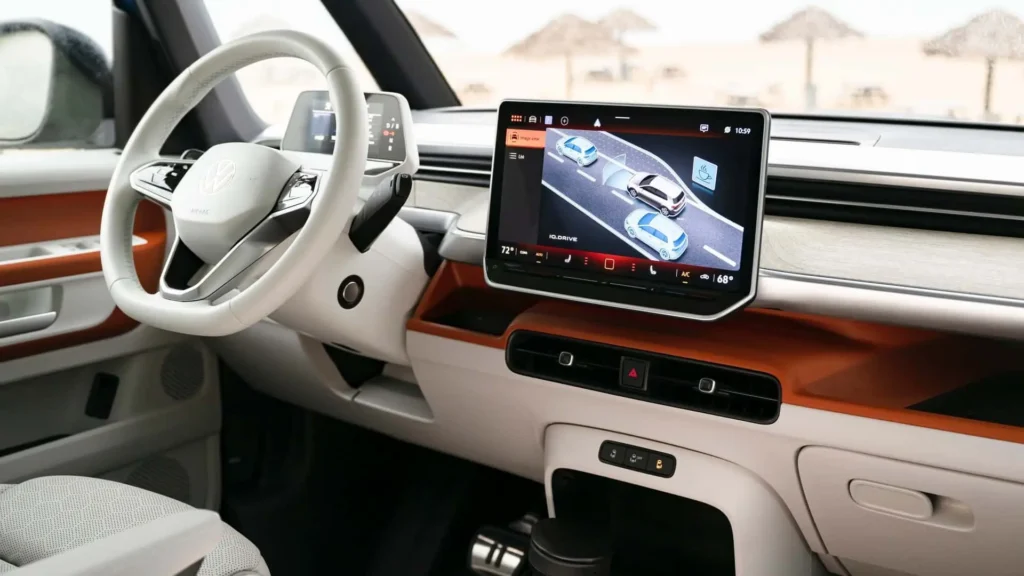
Automakers often find that producing high-end EVs can be more profitable than making cheaper models, as the cost of producing a larger, more luxurious vehicle isn’t significantly higher. Consequently, the industry prefers to sell fewer high-end vehicles rather than more budget-friendly ones. However, this strategy is only successful if these premium models actually sell. Given the current market and the ID.Buzz’s high price point, it’s hard to see Volkswagen moving many units.
It’s easy to imagine how different things might have been. If VW had launched the ID.Buzz earlier and aligned it with the #vanlife trend, it could have reignited excitement around the brand and its ID lineup at a crucial time. A successful launch could have helped mitigate the damage from Dieselgate and restored some of VW’s lost goodwill.
Instead, Volkswagen is left with a high-priced niche product arriving after much of the brand’s positive reputation has faded. In essence, the ID.Buzz is a product VW is trying to push, but it’s far from what the company truly needs right now.
